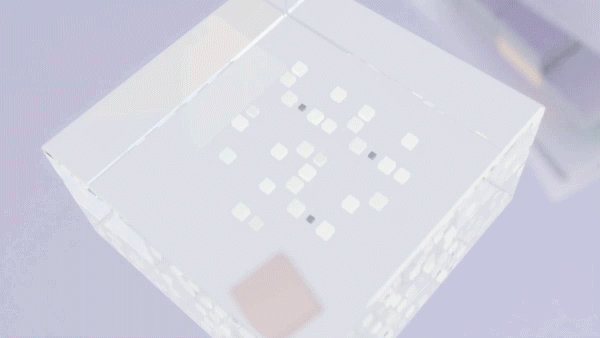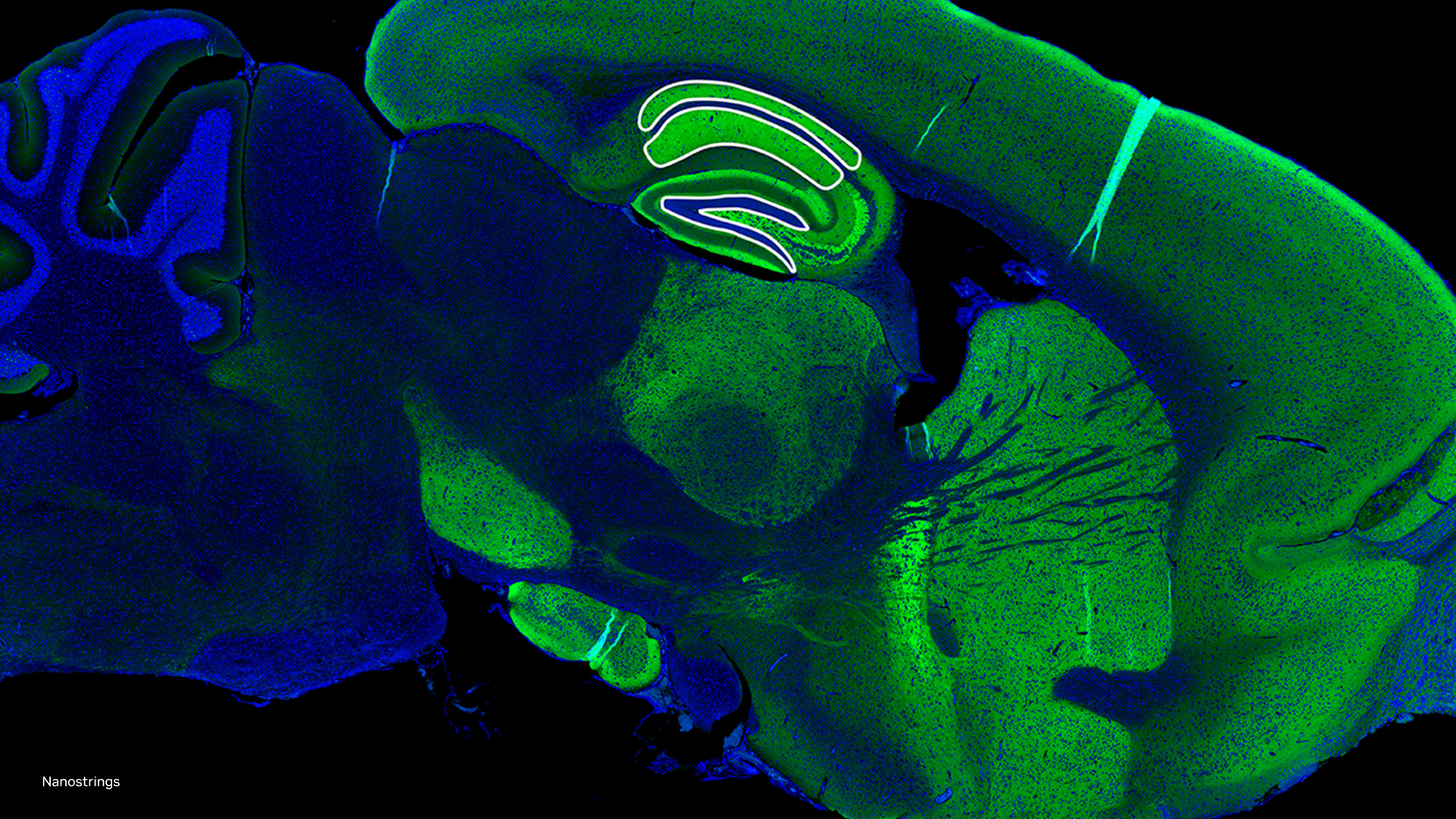Developers from Pinterest, along with collaborators from Stanford University, recently announced PinSage, an advanced recommendation deep learning-based framework used for ad and shopping recommendations within the social network.
“As the number of people using Pinterest grows beyond 200M+ MAU, and the number of objects saved has crossed 100B, we must continuously build technology to not only keep up but make recommendations smarter,” Ruining He, a Pinterest engineer stated in a blog post.
The framework uses a graph convolutional network (GCN) to learn things about pins or nodes in web-scale graphs. Each pin is associated with an image and a set of textual annotations such as the title and description.
Using NVIDIA Tesla GPUs and the cuDNN-accelerated TensorFlow deep learning framework, the team trained their graph convolutional network on approximately 18 terabytes of data, or 7.5 billion examples on a graph, with 3 billion nodes representing pins and boards.

“Pin embeddings are essential to various tasks like a recommendation of Pins — including dynamic Pins like those for ads, and shopping — classification, clustering, and even reranking, He stated. “Such tasks are fundamental to our key services like Related Pins, Search, Shopping, and Ads.”
The framework has the potential to supercharge the backend of product discovery and power the future of shopping. In sum, the work analyzes more information than a standard deep learning model, the team said.
“Our model relies on this graph information to provide the context and allows us to disambiguate Pins that are (visually) similar, but semantically different. To our knowledge, this is the largest application of deep graph embeddings to date and paves the way for a new generation of web-scale recommender systems based on graph convolutional architectures,” the Pinterest engineers said.
The results of the work were recently published on ArXiv and are being presented at the SIGKDD International Conference on Knowledge Discovery & Data Mining in London this week.
Read more >
Pinterest Uses AI to Enhance its Recommendations System
Aug 20, 2018
Discuss (0)

Related resources
- DLI course: Building Intelligent Recommender Systems
- GTC session: Evolution of Recommender Model Serving from CPUs to GPUs
- GTC session: Delivering Personalized Promotions at Retail POS Checkout With AI-Powered Recommendation Engine
- GTC session: Transformers for Recommender Systems in Fashion Ecommerce
- NGC Containers: DLI Recommender Systems Course - Base Environment
- NGC Containers: Merlin HugeCTR









